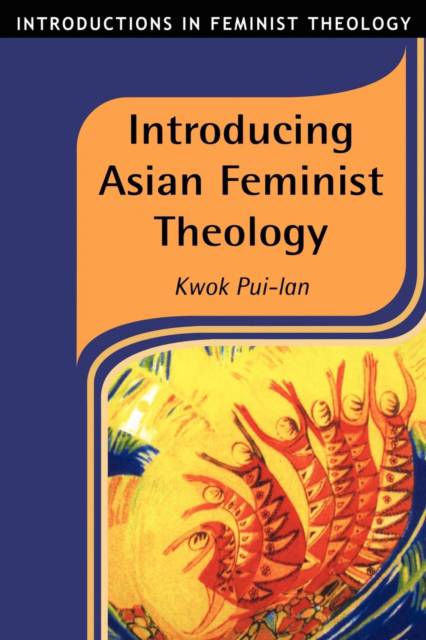
- Afhalen na 1 uur in een winkel met voorraad
- Gratis thuislevering in België vanaf € 30
- Ruim aanbod met 7 miljoen producten
- Afhalen na 1 uur in een winkel met voorraad
- Gratis thuislevering in België vanaf € 30
- Ruim aanbod met 7 miljoen producten
Omschrijving
Asian women comprise more than a quarter of the world's population, and the forms in which they express feminist theology are many and varied, extending through grassroots movements, theological networks, ecumenical conferences and journals. Those involved in the process include community organizers, theological students, church leaders and social activists, among whom even the concept 'feminism' assumes many definitions and substitutes. Kwok Pui-lan's introduction to this huge subject begins with a survey of the social, political and cultural contexts of Asian women's experiences, and then traces the emergence of feminist consciousness and the organization of women's networks. She describes the resources of Asian feminist theology and the appropriation of Asian religious traditions, and considers the reconstructions of the concept of God in inclusive categories. Finally, she summarizes Asian women's critique of the patriarchal church and outlines the search for a new spirituality that express women's embodiedness and sexuality.
Specificaties
Betrokkenen
- Auteur(s):
- Uitgeverij:
Inhoud
- Aantal bladzijden:
- 138
- Taal:
- Engels
- Reeks:
- Reeksnummer:
- nr. 4
Eigenschappen
- Productcode (EAN):
- 9781841270661
- Verschijningsdatum:
- 1/07/2000
- Uitvoering:
- Paperback
- Formaat:
- Trade paperback (VS)
- Afmetingen:
- 156 mm x 234 mm
- Gewicht:
- 204 g

Alleen bij Standaard Boekhandel
Beoordelingen
We publiceren alleen reviews die voldoen aan de voorwaarden voor reviews. Bekijk onze voorwaarden voor reviews.








